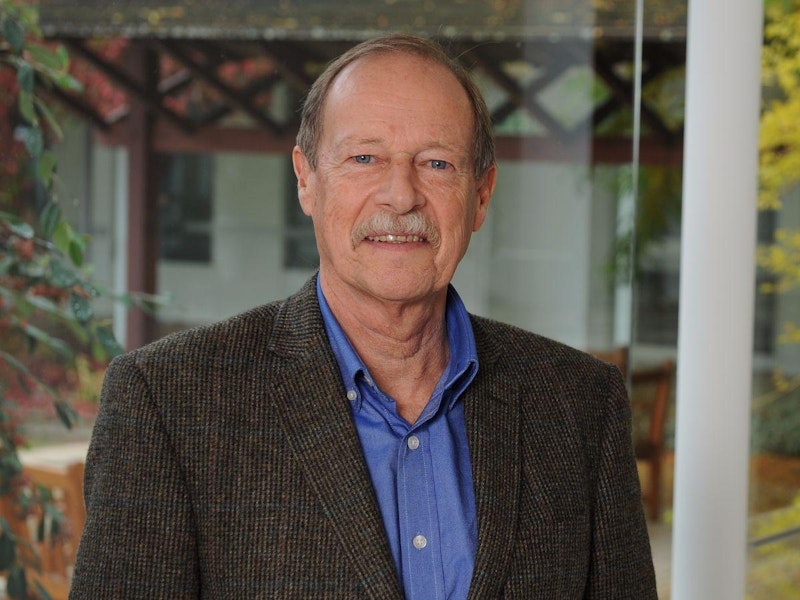The power of relationships in leadership
This is a precis of an article by Graham Louden-Carter, Visiting tutor and Executive Fellow in Executive Education at Henley Business School

During the Leadership Programme at Henley we encourage participants to develop their personal leadership skills, to motivate and influence others through a deeper understanding of themselves and the people they work with within the context of the challenges that they face.
One important dimension of leadership is the relationships we have – and there are both business and personal benefits to building really powerful relationships. Beyond leadership though, it is only through strong relationships between all employees that value is created.
Why we need strong relationships
Many commentators note that successful companies all have organisational cultures that are both demanding and relational. They believe that they are reaping the benefits by being ahead of the curve and list the following business benefits when relationships are great:
• Companies that excel use relationships as much as possible to substitute for process.
• Strong relationships and trust are the preconditions for nimbleness, risk-taking and innovation; a great relationship culture creates permission for people to take risks.
• Great relationships are the key to effective execution.
There are also a number of personal benefits:
• Relationships create a platform for your own personal growth.
• Relationships can energise you and provide a sense of support.
• Great relationships create a sense of belonging.
• Relationships sustain us, and make our journeys enjoyable and fulfilling.
They also point to the importance of businesses partnering with external stakeholders; making these relationships powerful is critical to maximising value. The key is to find common purpose and mutual advantage.
The issue of trust in relationships
Job insecurity has resulted in a more competitive and potentially impersonal climate. The impact of this has been for people to deliberately distance themselves from their colleagues because of the competition for jobs, and the fear this produces.
Trust is a huge issue and can only be (re)built through relationships. A major driver of trust is authenticity, but people have learned to be inauthentic and so have those around them.
An overly competitive working environment in which friendships fail to develop is one of the major sources of stress at work and one of the key reasons why talented employees leave a company.
A culture of trust within an organisation enables them to create alignment, execute effectively and instil the confidence in others to take risks.
A model for diagnosing relationships

During the Henley Leadership Programme participants reflect on their key relationships and receive one-to-one coaching to help them think through the issues they feel they need to address in order to build their relationships and further strengthen their leadership skills.
We also use a simple but useful model that views the elements of relationships as pieces of a jigsaw puzzle. The pieces are interdependent and we need to connect genuinely with people on all of the four dimensions to have a chance of a great 10/10 relationship. The model can be applied to all our relationships: internal, external and outside of work.
We can use the model and look at our key relationships to see how we can evaluate them and either understand what makes them strong, or identify where they may be improved.

Anything scoring less than 8/10 probably needs some work.
Working through each dimension can help identify barriers and focus areas to work on for improving the relationship. In each case, we can also ask what it would take to improve the relationship. Having done this preparation it is then possible for us to either start taking actions from our side that we feel will improve the relationship, or if we wanted to extract maximum leverage we could have a discussion with the person to share our views and jointly identify areas for improvement.”
Final thoughts
Relationships are two-way streets – and you need to invest not just for the short term, but also for the big outcomes. There can be no pulling of punches with regard to difficult conversations. We have to translate all the benefits of great relationships into breakthrough performance. Great relationships that don’t deliver great performance aren’t great relationships.
The power of an organisation committing itself to having amazing relationships internally and externally is something to give careful thought to.
Leaders have a major role to play not only in maintaining their own relationships, but also in stimulating the creation of personal networks and friendships that encourage others to value the relational element of the organisation and the maintenance of networks within and beyond their organisation.



